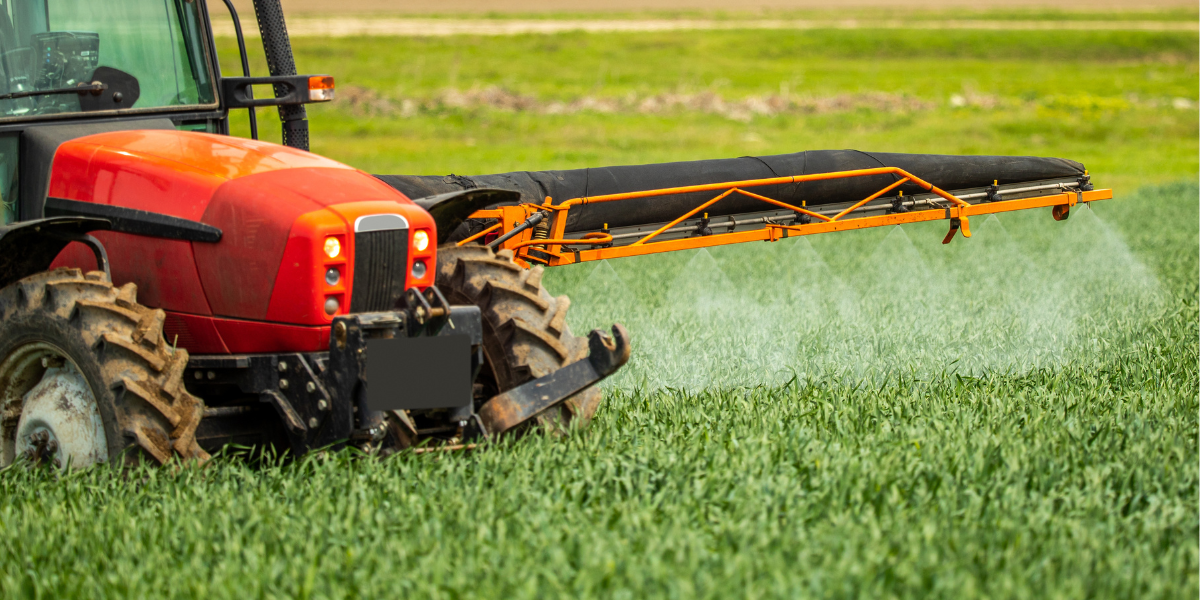Investing in agriculture: How to identify promising biologicals

Biological crop-protection products have the potential to compete with traditional crop-protection chemicals, but the market is full of both promising new products and works in progress.
If you’re interested in investing in biologicals, weeding out risk is crucial.
While there is no substitute for thorough diligence, our team identified a few initial questions that can help determine if a product in early development is worth exploring.
But first, what are biologicals?
Biologicals refer to any crop-protection product that is created with organic substances. These substances can include plant materials, peptides or microbes that support crop growth and mitigate health threats.
As an umbrella term, biologicals can include bio-pesticides, bio-fertilizers, bio-stimulants, bio-control agents and more.
Four questions to ask when evaluating a biological crop-protection product:
Is the manufacturer selling this product as a one-stop solution?
Unfortunately, there is not a single solution to crop protection. If you’re evaluating investment targets and find a company that says they make a far-reaching solution to varying crop health issues, you should examine their product cautiously. Often, targeted crop-protection products are more effective than catch-all solutions.
Does the research examine the entire microbiome of the crop?
The best products may be targeted in their application, but the research backing serious products will consider the entire ecosystem that supports healthy crop growth, from the surrounding plants and animals to the minerals that make up the soil. These environments are complex, and biologicals must be able to work in diverse microbiomes.
Is the timeline from inception to product launch realistic?
Speedy release timelines are common in AgTech, especially for startups eager to put their funding to work. But a timeline that is too speedy could indicate unrealistic planning, or it could signal incongruencies between the business leaders and production team. As an investor, you should examine the entire business and ensure any set release targets make sense for all stakeholders.
Is it affordable for the consumer?
One of the most consistent pieces of feedback agricultural organizations and/or farmers tell new manufacturers is that their product is too expensive. Agriculturalists are constantly marketed to with “shiny objects” or big promises to make farming more efficient, effective and profitable, but these products will fail if they require too big of an investment at its inception point.
To recap:
Investors interested in biologicals must conduct due diligence from the very start, because the market is currently filled with promising innovations and concepts in need of further development.
To find smart investments, focus on whether a product solves specific crop issues, how thoroughly it considers the crop’s entire ecosystem, if its launch timeline makes sense and whether it’s affordable for farmers. These factors will help you pick the right opportunities in the growing field of organic crop protection.
If you’re interested in learning more about biologicals, contact Eric Spell at (336) 217-9116 or eric.spell@charlesaris.com.
SIMILAR ARTICLES
Meaningful conversations: How our deal-sourcing team connects with founders
We launched our transaction services business with the guiding philosophy that meaningful conversations lead to successful deals.
The new era of workplace wellness at Charles Aris
Throughout the past year, we’ve also integrated firmwide activities into our culture to promote healthy meditation, social events and exercise.
Charles Aris in the community
Our firm places a high value on giving back to our communities, and our team members have been working alongside several organizations to do so.



